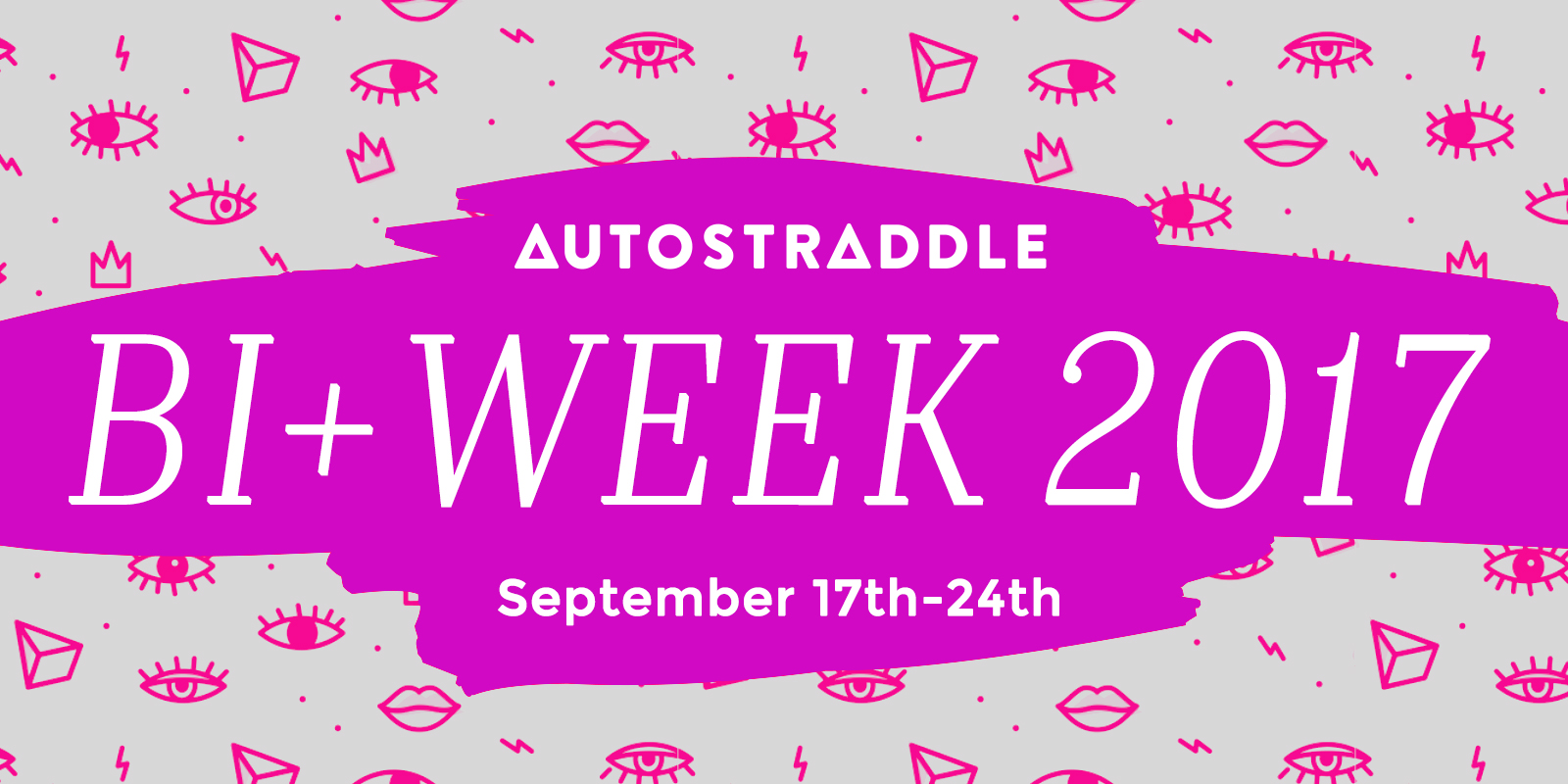
 .So I don’t find myself worrying much in my daily life about bisexual cis people, or bisexual binary-identified people in general, being transphobic, whereas I worry a lot about what I would call “queer AFAB communities” because those are the groups that form though they may self describe as queer women’s communities. My experience is one of using the term “lesbian” for myself but always having to modify it, like saying “dyke” or “pandyke” or the specific “I’m attracted to cis and trans women” or even the long specific explanation of “I’m attracted to some people who are femme, feminist, and female-identified.” Because I know very well how transphobic queer women’s communities can be, and not only white ones but queer women of color communities (ones that I’ve witnessed anyway), and I would rather be clumsy in explicitly distancing myself from that, then let the expectations stand. That’s not really my experience, but perhaps because I follow so many trans women as intellectual leaders on queer politics, and have more queer and trans women as friends-with-shared-politics than masculine people and I refuse to see that experience as so very unusual, because why should it be?
.So I don’t find myself worrying much in my daily life about bisexual cis people, or bisexual binary-identified people in general, being transphobic, whereas I worry a lot about what I would call “queer AFAB communities” because those are the groups that form though they may self describe as queer women’s communities. My experience is one of using the term “lesbian” for myself but always having to modify it, like saying “dyke” or “pandyke” or the specific “I’m attracted to cis and trans women” or even the long specific explanation of “I’m attracted to some people who are femme, feminist, and female-identified.” Because I know very well how transphobic queer women’s communities can be, and not only white ones but queer women of color communities (ones that I’ve witnessed anyway), and I would rather be clumsy in explicitly distancing myself from that, then let the expectations stand. That’s not really my experience, but perhaps because I follow so many trans women as intellectual leaders on queer politics, and have more queer and trans women as friends-with-shared-politics than masculine people and I refuse to see that experience as so very unusual, because why should it be?


So I’m reading this book by Shiri Eisner, and there’s a bit about how the word “bisexual” and bisexual movements are particularly conceptualized as transphobic, not that they aren’t but that they may be criticized as reinforcing the gender binary more often than “gay” or “lesbian” are. Trying this thing where when I learn a new piece of politics that may be shifting my framework, I write it down.


 0 kommentar(er)
0 kommentar(er)
